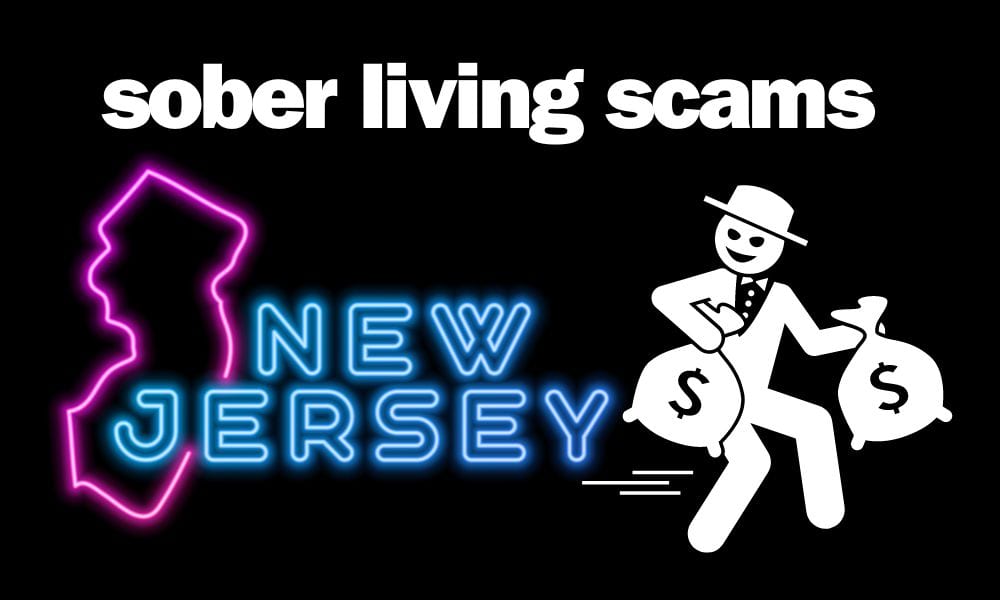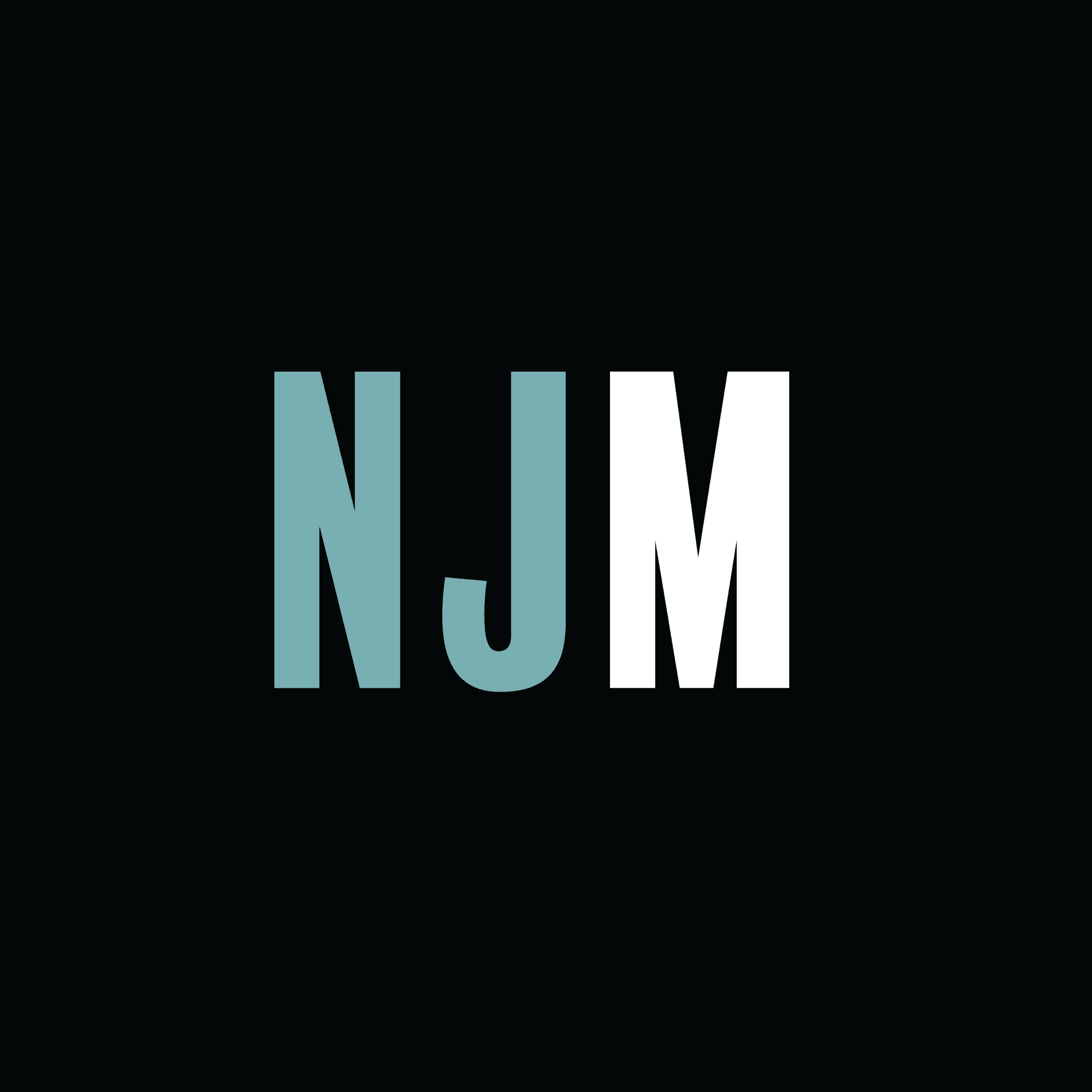
THE DIRTY BUSINESS BEHIND GETTING CLEAN is the title of a new report just released by the New Jersey Commission of Investigation. The 100 page report describes alleged fraud, ethical misconduct and corruption in the addiction rehabilitation industry.
In Atlantic County, several sober-living homes operated unchecked for years, despite multiple code violations, reports of inappropriate sexual relationships between staff and residents, and the owner’s practice of pocketing public money the county paid to treat people even after they got kicked out.
Story by Dana DiFilippo, New Jersey Monitor
February 6, 2024
In Cherry Hill, the owners of an addiction recovery center put lavish vacations, veterinary services, and their son’s college tuition on company credit cards, stiffing staff of their salaries, dodging taxes, and eventually trying to sell the business for $2 million long after it had stopped serving clients.
In Toms River, a self-proclaimed addiction recovery specialist collected hundreds of thousands of dollars to refer patients with pricey private insurance to out-of-state treatment providers, flouting state and federal laws prohibiting “patient brokering.”
The schemes, which went undetected for years, were among several laid out in lurid detail in a new report released Tuesday by the State Commission of Investigation.
Investigators spent several years probing New Jersey’s addiction recovery system and found widespread failures in regulation and oversight they say enabled corruption to flourish.
“Fraud, unethical conduct, and wrongdoing were found in businesses at every stage of the recovery process, sometimes starting as early as an overdose victim’s first encounter with an addiction professional at their hospital bedside or during an online search for treatment,” investigators wrote.
Watchdog finds widespread abuses in New Jersey’s addiction recovery industry
The government’s lax regulation of the multi-billion-dollar industry allowed owners and others to “exploit systemic weaknesses, often to the detriment of individuals who are struggling with addiction,” they added.
“Even though the State has devoted substantial funding to addressing addiction and implemented necessary safeguards for some monies dedicated to it, more needs to be done to monitor the public investment in this area, to make the industry less prone to abuse and to protect the individuals who rely on the businesses and personnel who provide these services,” they wrote.
The report comes more than a year after the commission held two public hearings at the Statehouse, where its investigators warned that unscrupulous actors in the industry had cashed in on the largely unregulated system in likely criminal ways.
Tuesday, they urged lawmakers and others to act on their findings to eliminate the potential for abuse and safeguard people who rely on treatment centers to recover from addiction. Drug overdoses killed almost 2,400 New Jersey residents last year, and almost 2,900 the year before, according to the state Office of the Chief Medical Examiner.
Investigators found that many in the industry use deceptive marketing tactics to hook customers, circumvent laws banning patient brokering, participate in illicit partnerships between treatment centers and sober-living homes to ensure that both earn profits, and engage in fraudulent billing, tax evasion, and other financial wrongdoing.
The commission sent its findings to the state Office of the Attorney General, the U.S. Attorney’s Office, the Internal Revenue Service, the state Department of Health, and various other state departments for possible prosecution or other action.
PRESS OF AC: More than $170,000 in Atlantic County funds that were intended to cover rent for people living in a sober home facility went unaccounted for. In Atlantic County, several sober-living homes operated unchecked for years, despite multiple code violations, reports of inappropriate sexual relationships between staff and residents, and the owner’s practice of pocketing public money the county paid to treat people even after they got kicked out. Read Press of Atlantic City coverage here.
It also issued eight recommendations, much of which would require legislative action, including:
Strengthening and expanding the state’s patient brokering law, which Gov. Phil Murphy signed in 2021. That law makes it a fourth-degree crime for someone to profit from referring a patient to an addiction treatment facility; it only addresses misconduct by individuals rather than by entities or corporations.
Pass legislation to ban deceptive marketing practices, such as treatment centers hiding their out-of-state locations.
Addiction treatment businesses prefer people who have private insurance with out-of-network benefits because they bill at the highest rates, according to the commission’s report.
Create a state licensure system for peer recovery coaches. Such coaches typically are the first recovery-related personnel patients encounter when they seek sobriety; they do interventions, visit hospital bedsides after overdoses, and sometimes work with local law enforcement agencies to connect people with treatment. Yet it’s an unlicensed vocation in New Jersey with minimal guidelines on background, training, and conduct.
Strengthen licensing and inspection standards for treatment centers. License applicants should undergo a financial audit, fingerprinting, and criminal background checks to ensure they have no history of crimes involving fraud and dishonesty, investigators recommended.
Beef up regulation of sober-living homes and increase fines and consider criminal penalties for operators of unlicensed homes.
Clarify regulatory language on ownership and financial ties between treatment centers and sober-living homes.
Tighten oversight of entities seeking public funding for addiction recovery services. New Jersey is set to get $1 billion over the next 18 years as part of national legal settlements with pharmaceutical and consulting companies for their roles in fueling the opioid epidemic.
Convene a task force to examine how to further strengthen industry regulation.
The commission’s chair, Tiffany Williams Brewer, said such recommendations will ensure New Jersey protects people struggling to recover from addiction from being victimized by unethical operators.
“The SCI’s recommendations would enable the addiction rehabilitation industry to operate with integrity, reliability and accountability,” Williams Brewer said in a statement.
New Jersey Monitor is part of States Newsroom, a network of news bureaus supported by grants and a coalition of donors as a 501c(3) public charity. New Jersey Monitor maintains editorial independence. Contact Editor Terrence McDonald for questions: info@newjerseymonitor.com. Follow New Jersey Monitor on Facebook and Twitter.


This is a major concern as there are several sober homes in Ventor and in the Chelsea are of Atlantic City. Thank you for your investigation in order to help end complaints
from neighbors who felt they had noone who would listen to and act on complaints.
Try investigating the Hansen’s for their unethical and scheming practices (i.e. buy expensive beach houses and use tax abatement then sell high.)
I’m sure there are good places but many are not. Same issue with STRs.
Now, imagine having STRs and sober housing all on the same block.
How wonderful. What can go wrong?
OK, I’ll play along. What is “unethical” about taking advantage of the established rules regarding tax abatement, other than your OPINION. Yes, that standard/loophole is being challenged, but it violates no law at present. It’s a business, and at the same time helping people who are desperately trying to become and remain sober. And if you had an ability to take advantage of a tax abatement, are you telling us YOU WOULDN’T ?
Everyone at the shore who has purchased properties is selling high…. some insanely high…. is everyone else unethical too? Or would it be ethical if they lost money if there’s a real estate market downturn?
What’s “unethical” is that Hansen is pretending to help a few people when they’re really just a real estate investment company who’ve figured out that setting up a sober living house provides some tax advantages. Why is Hansen suing Ventnor for a property tax free designation. Hansen wants Ventnor residents to pay Hansen’s property taxes. And the residents have to pay Ventnor’s lawyer’s fees to fight this. Disgusted with them.
That’s OK, I’m disgusted by people like you who think the Hansens are just helping a few people. And they are suing because they feel they are eligible for the tax abatement. If you felt you were entitled to tax abatement based on the rules in plate, would you not fight for the ?
Be critical but at least try and be reasonable and not simply emotional.
This article is misleading. The report (which is approximately 100 pages long) makes NO mention of any of the Hansen Houses, which are licensed by the state. The Atlantic County sober living houses that were pocketing county funds were operated by Steve Hauck . The other Atlantic County sober living that was operating unlicensed is owned by Armada Recovery. Why not provide the link to the report so people can educate themselves ?